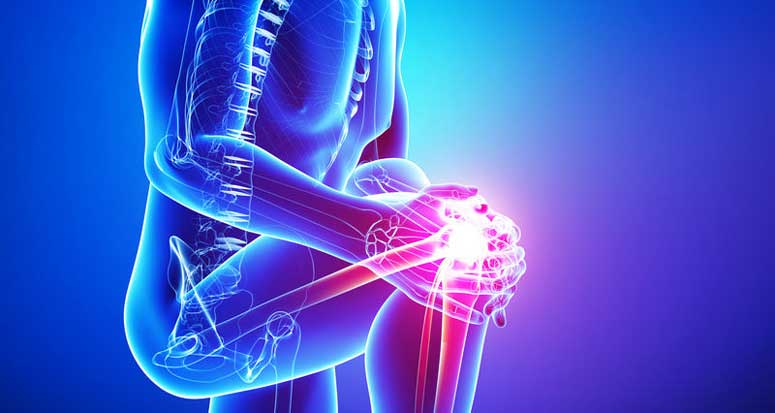The meniscus is defined as the layer of cartilage on the lower aspect of the knee that serves as a shock absorber between the upper and lower leg. This structure may be injured in forceful twisting type motion as well as secondary to worsening knee osteoarthritis (OA) or degenerative joint disease, a ubiquitous condition in humans.
The Usual (Traditional) Treatment of Knee Osteoarthritis
The usual treatment has included physical therapy, oral medications such as anti-inflammatory medications or NSAIDs or acetaminophen, and corticosteroid (steroid or “cortisone”) or hyaluronate (viscosupplementation) injections. Weight loss has been definitively shown to also be a beneficial treatment. If these so-called conservative measures failed, the only treatments that remained were surgical.
Frequently, arthroscopic surgery (arthroscopy) was offered to patients. However, if the knee OA was too severe, a knee replacement (arthroplasty) was the only option left. Unfortunately, these surgical treatments have NOT been as successful as hoped and can even worsen the condition.
Non-Surgical Options for Pain Relief Including Orthobiologics
Current research has NOT shown arthroscopic knee surgery (usually a Partial Meniscectomy) to be superior to conservative management for the treatment of degenerative meniscal tears. Other research indicates that surgical meniscectomy likely increases the progression of the knee OA. Therefore, after conservative management has failed, more patients are exploring other non-surgical options for pain relief including orthobiologics.
What is Orthobiologics
Orthobiologics are defined as substances that are used to enhance or aide the body’s ability to repair or regenerate musculoskeletal tissue. Options in this category of treatment include platelet-rich plasma (PRP), medicinal signaling cells (MSCs and formerly known as mesenchymal stem cells) and micro-fragmented adipose tissue (MFAT).
Platelet-Rich Plasma (PRP) is prepared by separating a sample of the patient’s own blood into its components and isolating the platelet layer. This portion contains multiple growth factors that may improve meniscal injury, decrease knee pain and mitigate the progression of knee OA. MSCs most commonly are derived from bone marrow or adipose (fat) cells which have been shown to differentiate into multiple tissues including cartilage, bone and muscle. The medical literature to present supports the effectiveness of these orthobiologic treatments in the treatment of knee OA. And the potential risks of these orthobiologic therapies are limited as it is only the patient’s own blood components, NOT steroid or another person’s cells or tissues, being injected.
Orthobiologics Are Available as a Treatment Option
The meniscus has proven to be a difficult structure to treat due to its poor central blood supply and relative inability to heal spontaneously. Additionally, traditional treatments directed at knee OA do not slow the progression of the condition. In the past, conservative management including intra-articular steroid injections were used to reduce pain, but the meniscal injury remained and the knee OA progressed unabated. Orthobiologics are now available as a treatment option that may not only decrease knee pain but repair tissue and retard the OA progression.
If you suffer from knee osteoarthritis (OA) or pain, please contact us at 610-954-9400 or schedule a consultation online.
We Strive to Restore Your Life Without a Surgical Knife.
Reference
- Chirichella PS, Jow S, Iacono S, Wey HE, Malanga GA, Treatment of
- Knee Meniscus Pathology: Rehabilitation, Surgery, and Orthobiologics, PM&R (2018)


